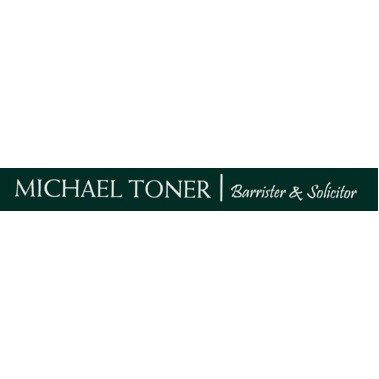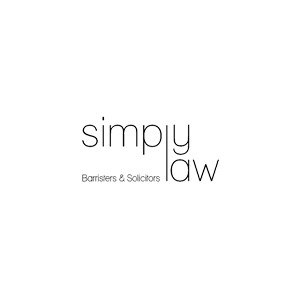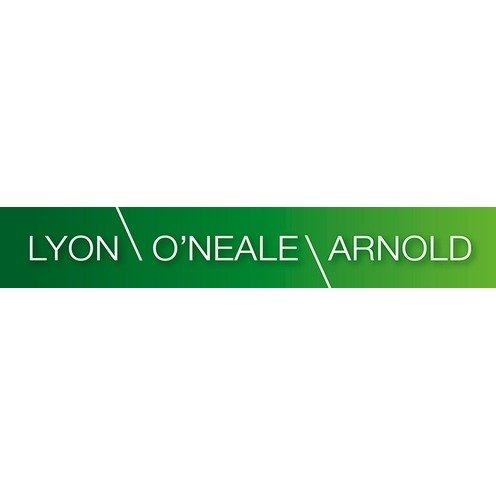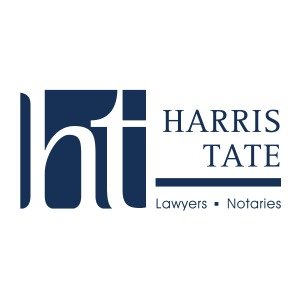Best Land Use & Zoning Lawyers in Tauranga
Share your needs with us, get contacted by law firms.
Free. Takes 2 min.
Free Guide to Hiring a Real Estate Lawyer
List of the best lawyers in Tauranga, New Zealand
About Land Use & Zoning Law in Tauranga, New Zealand
Zoning and land use laws in Tauranga, New Zealand, govern how land can be used in various areas of the city. These laws aim to segregate land according to its use, to prevent conflicts between different types of land use. They may also place restrictions on development to preserve natural resources, control population density, and maintain the character of a community.
Why You May Need a Lawyer
Legal help may become necessary when you are planning to develop or invest in a property, begin a new construction, or dispute a current zoning decision. Also, if you are seeking a rezoning, a variance, or anything related to the Resource Management Act 1991, having legal representation is invaluable to navigate the complex laws and ensure you get your permit approved. Lawyers experienced in Land Use & Zoning laws can provide you the best advice and represent your interests.
Local Laws Overview
The key document that outlines land use and zoning law in Tauranga is the Tauranga City Plan. This plan identifies the ways in which land can be used or developed. It outlines special zones and their restrictions, which include residential, commercial, industrial and rural areas. It also encompasses rules around noise, air and water quality, natural hazards and heritage protection under the Resource Management Act 1991. Failure to comply with these regulations can lead to enforcements, penalties or fines.
Frequently Asked Questions
1. How can I find out the zoning of a property?
You can check the zoning of a property using the Tauranga City Council's online City Plan.
2. What is a resource consent?
A resource consent is a permit from the council that gives authorization to use or develop land in a way that is not permitted as a right under the City Plan.
3. Can I appeal a zoning decision?
Yes, you may appeal a zoning decision to the Environment Court within 15 working days of the decision being notified.
4. What is the difference between a permitted and discretionary activity?
A permitted activity complies with all the rules in the City Plan and doesn’t need a resource consent. A discretionary activity does not comply with one or more rules in the City Plan and therefore needs a resource consent.
5. Can I change the zoning of my property?
Yes, you may apply to change the zoning of your property. This is a long process that involves a thorough review by the City Council and possibly public hearings.
Additional Resources
Additional resources include the Resource Management Act 1991, the New Zealand Planning Institute (NZPI), and the Environmental Court. The Tauranga City Council's website provides relevant information and various services related to land use and zoning as well.
Next Steps
If you require legal assistance related to Land Use & Zoning, the first step is to identify experienced local lawyers in this field or seek consultation from the Tauranga City Council. Understand your rights and duties under the city plan and the broader Resource Management Act. Always consult with your lawyer before making any applications related to land use or zoning to reduce risks and delays.
Lawzana helps you find the best lawyers and law firms in Tauranga through a curated and pre-screened list of qualified legal professionals. Our platform offers rankings and detailed profiles of attorneys and law firms, allowing you to compare based on practice areas, including Land Use & Zoning, experience, and client feedback.
Each profile includes a description of the firm's areas of practice, client reviews, team members and partners, year of establishment, spoken languages, office locations, contact information, social media presence, and any published articles or resources. Most firms on our platform speak English and are experienced in both local and international legal matters.
Get a quote from top-rated law firms in Tauranga, New Zealand — quickly, securely, and without unnecessary hassle.
Disclaimer:
The information provided on this page is for general informational purposes only and does not constitute legal advice. While we strive to ensure the accuracy and relevance of the content, legal information may change over time, and interpretations of the law can vary. You should always consult with a qualified legal professional for advice specific to your situation.
We disclaim all liability for actions taken or not taken based on the content of this page. If you believe any information is incorrect or outdated, please contact us, and we will review and update it where appropriate.

















